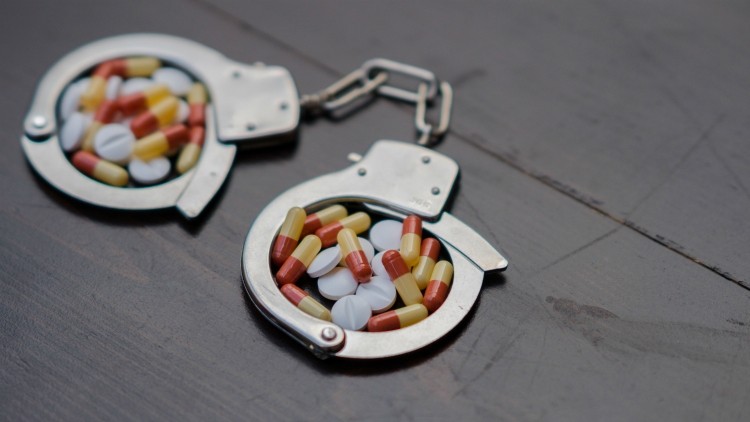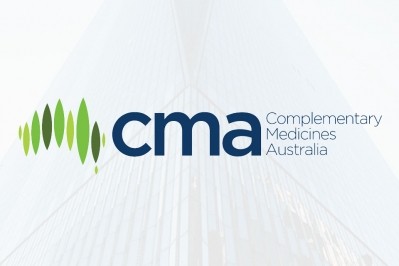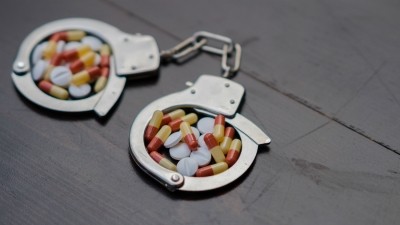Vietnamese authorities cracking down on surge of counterfeit supplements

According to VAFF chairman Dr Tran Dang, the number of Vietnamese taking nutritional supplements has grown from 500,000 people in 2000 to five million in 2010, and 15 million currently.
The VAFF also posited that 3,600 supplement and nutraceutical companies have around 6,800 products on the market, a steep rise from 15 companies selling 60 such products in 2000.
It stated that along with this rise came a greater number of counterfeit or sub-standard supplements, thanks mainly to the highly lucrative profit margins manufacturers often enjoy, and warned consumers to keep be alert and cautious regarding the supplements they chose to take.
Primed for punishment
A steady increase in demand for dietary supplements in Vietnam has resulted in the market being saturated with a ballooning number of manufacturers, many of them local — of the estimated 6,800 supplement and nutraceutical products sold in the country, 70% are made in Vietnam.
In light of this, deputy health minister Truong Quoc Cuong cautioned that manufacturers tended to exaggerate such benefits, with equally outlandish product advertisements being broadcast or published without assessment or approval by the Vietnam Administration of Drugs (VAD), the country's health watchdog.
Because of such actions, the Ministry of Health's Vietnam Food Administration (VFA) has already issued fines of US$3,226 each to three firms in Hanoi for misleading advertising: An Nhien Pharmaceutical Company, Dong Do Pharmaceutical Company and Nam Phuong Cosmetic Pharmaceutical Company.
In October, 99 manufacturers were made to pay US$23,624 in administrative fines for failing to adhere to food safety regulations.
Since October 20, manufacturers who violate food safety rules are liable for a fine of up to US$3,005, will be forced to destroy all misleading advertising materials, and must issue a public statement correcting their claims.
Another concern voiced by the Ministry of Health was that nutritional supplement manufacturers would market their products as functional pills or medication. This has since led the ministry to ban supplement brands from making any claim of treatment or cure regarding medical conditions.
Cautionary advice
Cuong also highlighted the prevalence of MLM (multi-level marketing) schemes used by supplement firms to "earn unlawful profits".
As such, VFA head Nguyen Thanh Phong said the Ministry of Health has instructed businesses to invest more in research, and to standardise production processes while prioritising sustainable industry development.
Industry watchdogs and regulatory bodies were also advised to ramp up their supervision of product quality and advertising content, in order to minimise the risk of consumers being misled.
Speaking to NutraIngredients-Asia, VAFF deputy secretary general Thach Do said: "Over the past decade — especially over the past five years — there has been rapid growth in the Vietnam market for health supplements.
"In order for the market to enjoy sustainable and rapid growth, (public and private sector) education of the consumer must also be a key focus, starting with responsible marketing content and delivery practices."
He added that there were "three simple steps" consumers should follow when shopping for health supplements: firstly, they should find out if the products they want to buy have been circulating legally.
Next, they should check to see if the product manufacturer is a reputable one. Finally, consumers should "make an informed choice — depending on their personal health profile — when selecting a product for use".
Future expectations
Apart from fines and advertising restrictions, the VFA has undertaken what Thach Do calls three "pro-active and concrete steps" to achieve a more efficient regulatory system, while still "enabling a more conducive environment" for businesses.
To start, the regulator aims to emphasise quality control within the manufacturing process by implementing GMP (Good Manufacturing Practice) standards for health supplement manufacturers, which will be mandatory from July 1 next year.
It also plans to enhance the capacity of its post-marketing audit network through the use of testing laboratories, and to introduce a nationwide portal where product information can be accessed and utilised by consumers to determine the extent of safety and compliance of different supplements.

















